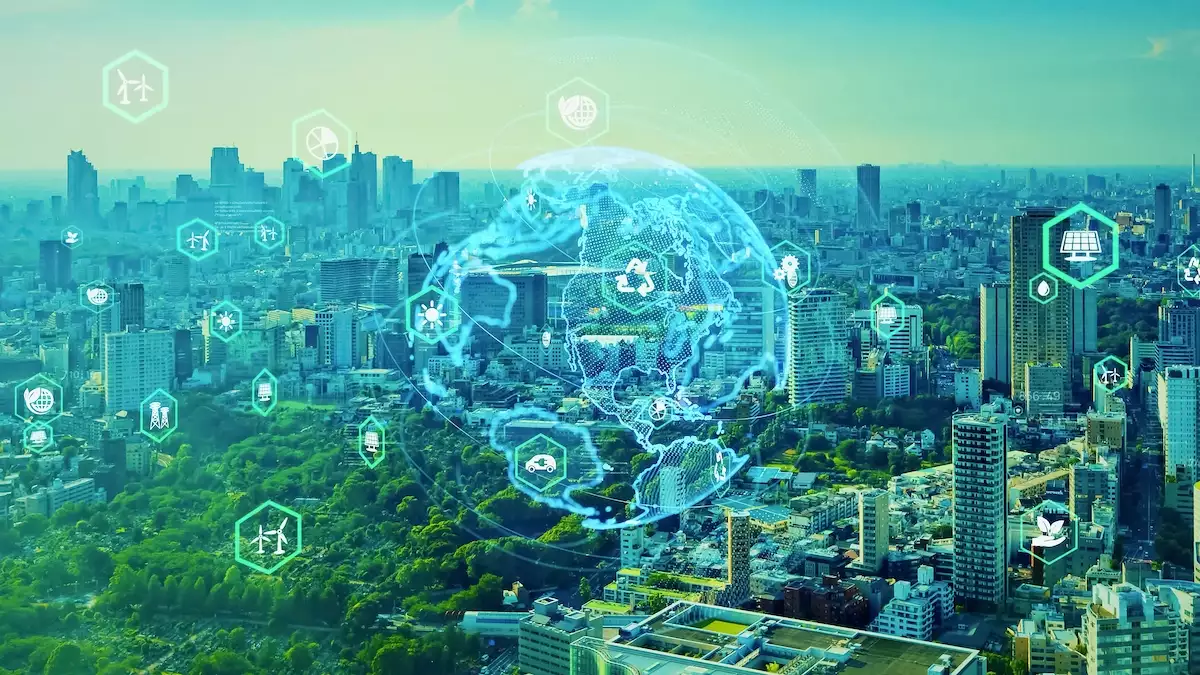
Digital innovation: Key to reducing carbon emissions
At the GWM Expansion Summit ESG, experts highlighted the potential of digital innovation to reduce carbon emissions.
Technology and digitalisation are playing an increasingly important role in building a more sustainable world. Sectors such as manufacturing, mining and logistics are promoting their transformation, with the impetus of telecommunications.
This topic was explored in depth during the forum “Technology at the Service of the Environment” at the first edition of the GWM Expansion Summit ESG. Participants included Louise Hughes, Director of Sustainability and Corporate Responsibility for Ericsson Europe and Latin America; Marta Vegas, Sustainability Leader at Telefónica Hispam; Leonardo Salazar, Director of Product Marketing at PPG Comex; Luis Ize, President of Honeywell in Mexico; and Pedro Albarrán, Vice President and General Manager of GWM.
For Ericsson, a leading telecommunications technology manufacturer, mobile technology opens up new possibilities to drive change towards a sustainable future. The company predicts that digital innovation can contribute to reducing global carbon emissions by up to 20%.
During her speech, Louise Hughes highlighted that new technologies, such as Artificial Intelligence (AI), face the great challenge of meeting the high energy demand they themselves generate. However, the ICT sector has a unique potential to drive other industrial sectors towards a low-carbon economy.
He said the firm has undertaken various investigations to demonstrate the role that 5G technology will play in the next generation of networks, in order to reduce the carbon footprint and the amount of energy that the Internet requires.
“What we do is look at the impact of 5G and enabling technologies like AI or machine learning. We have found that if we implement these technologies globally in various sectors, especially those with the highest levels of pollution, it is possible to reduce global carbon emissions by up to 20%,” he shared.
In addition, Hughes said that Ericsson has implemented different solutions to reduce energy consumption in telecommunications networks. “This energy-regulating solution represents a great opportunity for companies across all industries to make progress on ESG issues,” he said.
He stressed the importance of sustainability in materials and infrastructure. Ericsson is committed to using renewable energy in its factories and has launched recycling and reuse programs for telecommunications equipment.
“This is crucial for us because our customers tell us that most of their emissions are generated by using network equipment, and that becomes our problem,” explained Louise Hughes.
Ericsson's management also highlighted its Manufacturing Engagement, which includes strategies to transform supply chain operations towards a more sustainable approach, helping its main suppliers to have Net Zero goals and strategies.
Leave a comment:


Tranding News










